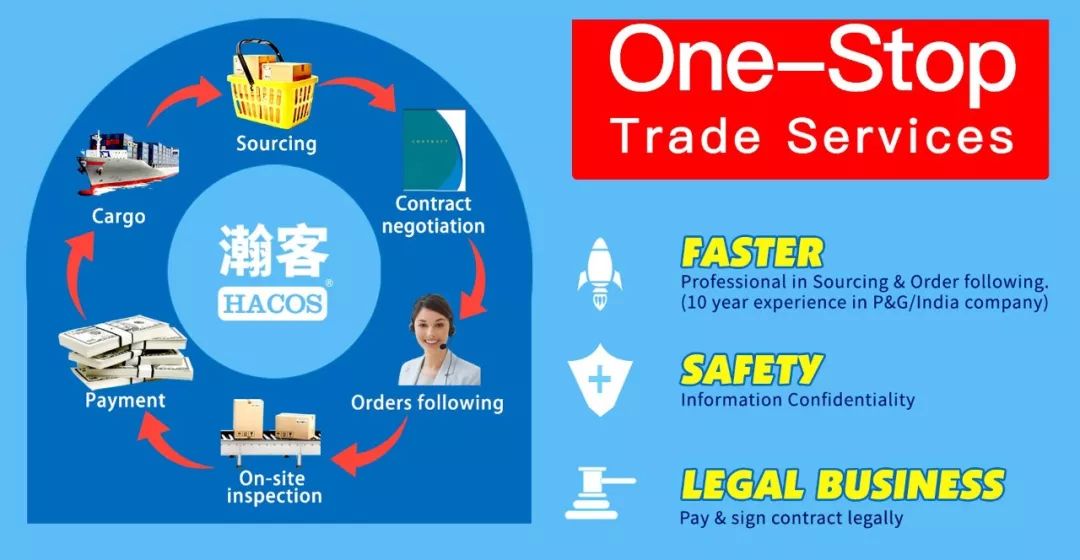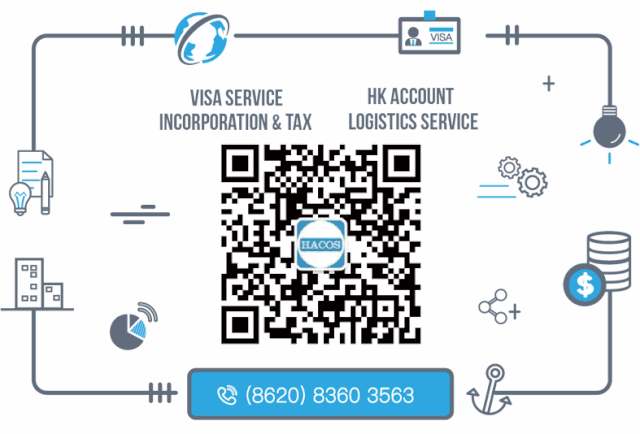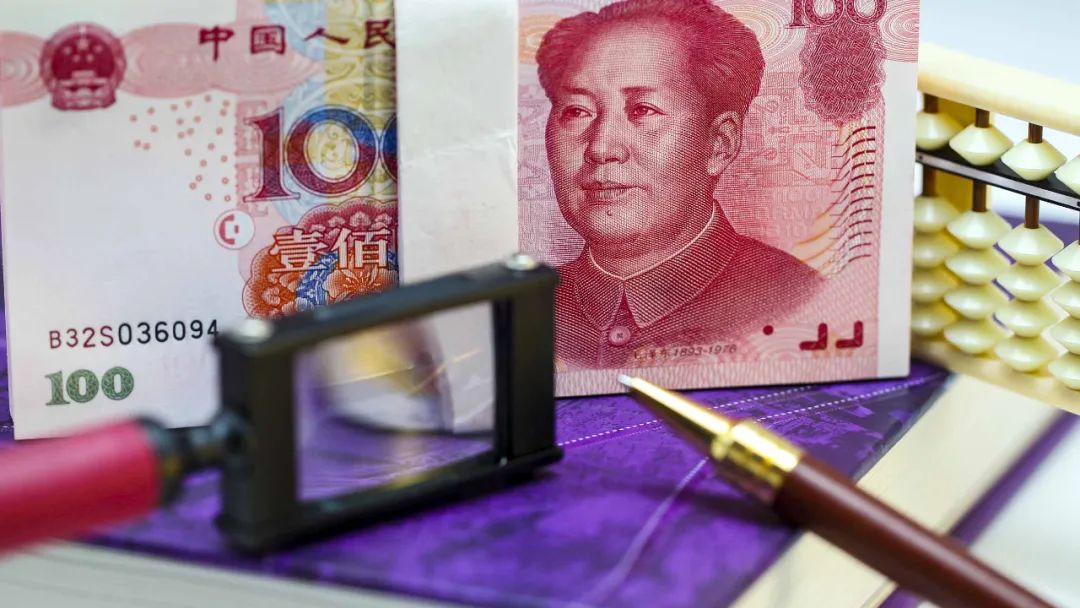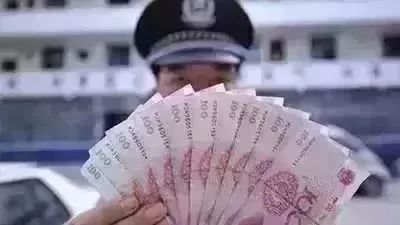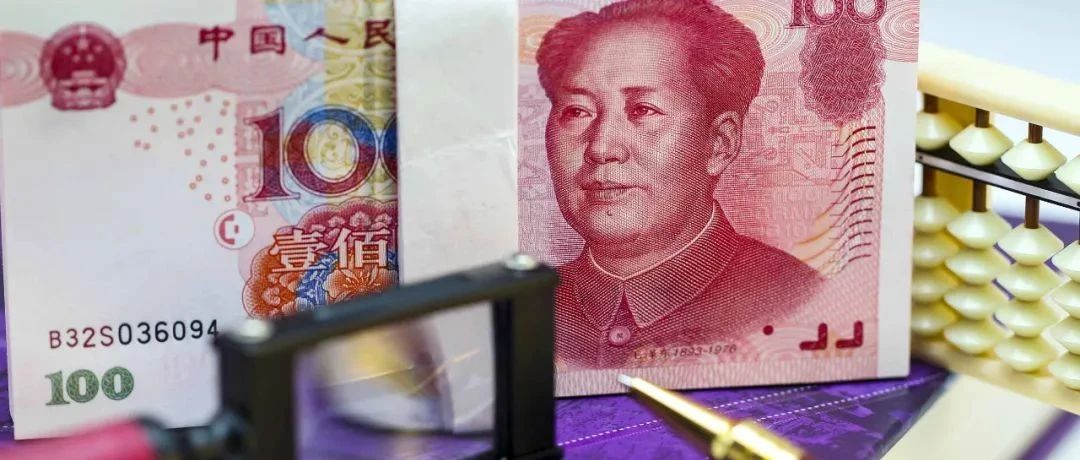
Starting from April 1, individual shareholders need to provide tax payment vouchers of Individual Income Tax (IIT) and Stamp Tax when transferring shares. This means that China has further tightened tax policies. It is more and more significant to do tax planning for those who do business in the country.
According to the Guangzhou government, individuals who transfer shares and apply for registration of share change are required to present the certificate on relevant payment of the Individual Income Tax (IIT) after declaration.
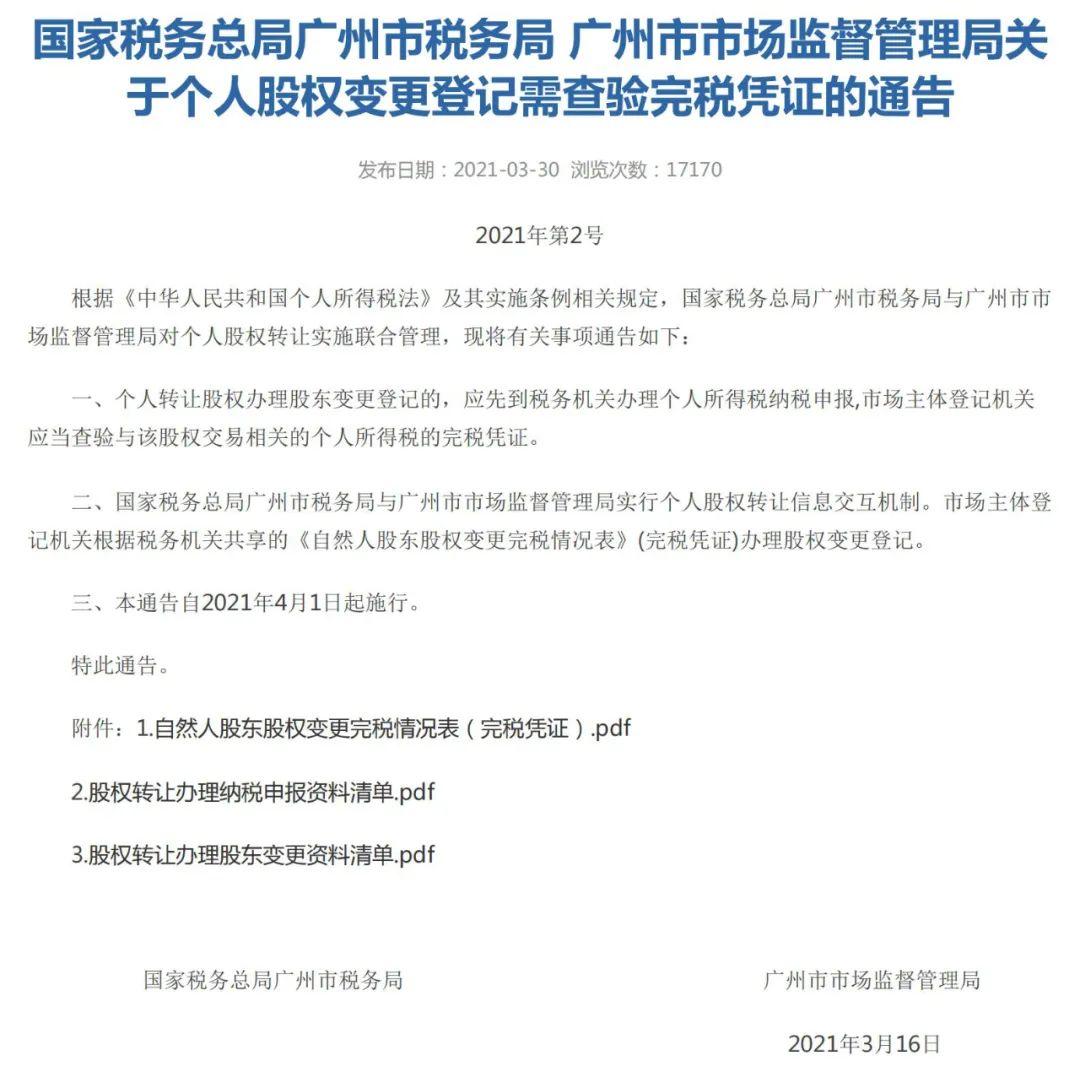
△ Notice issued by Guangzhou Tax Bureau and Guangzhou Administration for Market Regulation
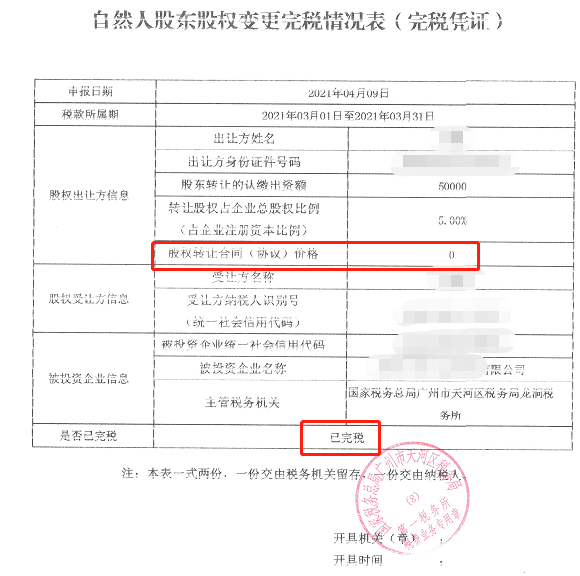
△ A sample of the certificate on payment of the IIT on the earnings from share transfer
IIT payable = (earning from share transfer – original value of share – certain fees) * 20%
* On the basis of asset transfer.
Stamp Tax payable = earning from share transfer * 0.05%
Tax payable of corporate shareholder = (earning from share transfer – original value of share – certain fees) * applicable tax rate
When the invested company has profits, the earning from share transfer shall not be 0 and not less than the undistributed profits based on the share proportion. Otherwise, it will be considered that the price is less than its fair market value.
The above-mentioned fees include taxes and fees incurred in the transfer. Besides, Paid-in capital shall be taken into account for the original price of share. The original price of share will be 0 if the paid-in capital is 0.
Individual A and Company B invested and set up Company C with no paid-in capital. There’s no income during the operation (the Statement of Profit and Loss shows that the undistributed profit is negative). Now Company D is planning to acquire Company C.
In this case, both A and B don’t need to pay tax.
However, A is still required to present the certificate on payment of the IIT on the earnings from share transfer issued by tax authorities.
Individual A and Company B invested and set up Company C with no paid-in capital. There are some incomes during the operation (the Statement of Profit and Loss showed that the undistributed profit is positive). Now Company D is planning to acquire Company C.
① IIT payable = (earning from share transfer – Stamp Tax payable) * 20%
② Stamp Tax payable = earning from share transfer * 0.05%
① Corporate shareholder’s tax payable = (earning from share transfer – Stamp Tax payable) * applicable tax rate
② Stamp Tax payable = earning from share transfer * 0.05%
Foreigners have long enjoyed preferential tax subsidy and tax exemption policies in China.
As China’s Individual Income Tax Law keeps improving, foreigners can enjoy a series of tax reduction policies just like their Chinese colleagues and friends.
For example, foreign individuals can apply for IIT exemption or reduction on dividends paid by foreign-invested enterprises.
For small-scale taxpayers, they also can see their stamp tax payments halved.
As the government keeps improving laws and regulations, tax policies are eventually tightened. Therefore, it is necessary to do tax planning in advance to manage your money in a better way.
If you have any question on doing business and tax payments in China, please feel free to contact HACOS.

In order to help you reach the latest update on the global pandemic situation, HACOS has set a quick link on the menu of our WeChat page. Follow us, you can check it whenever you want!

Share to let your friends know!
